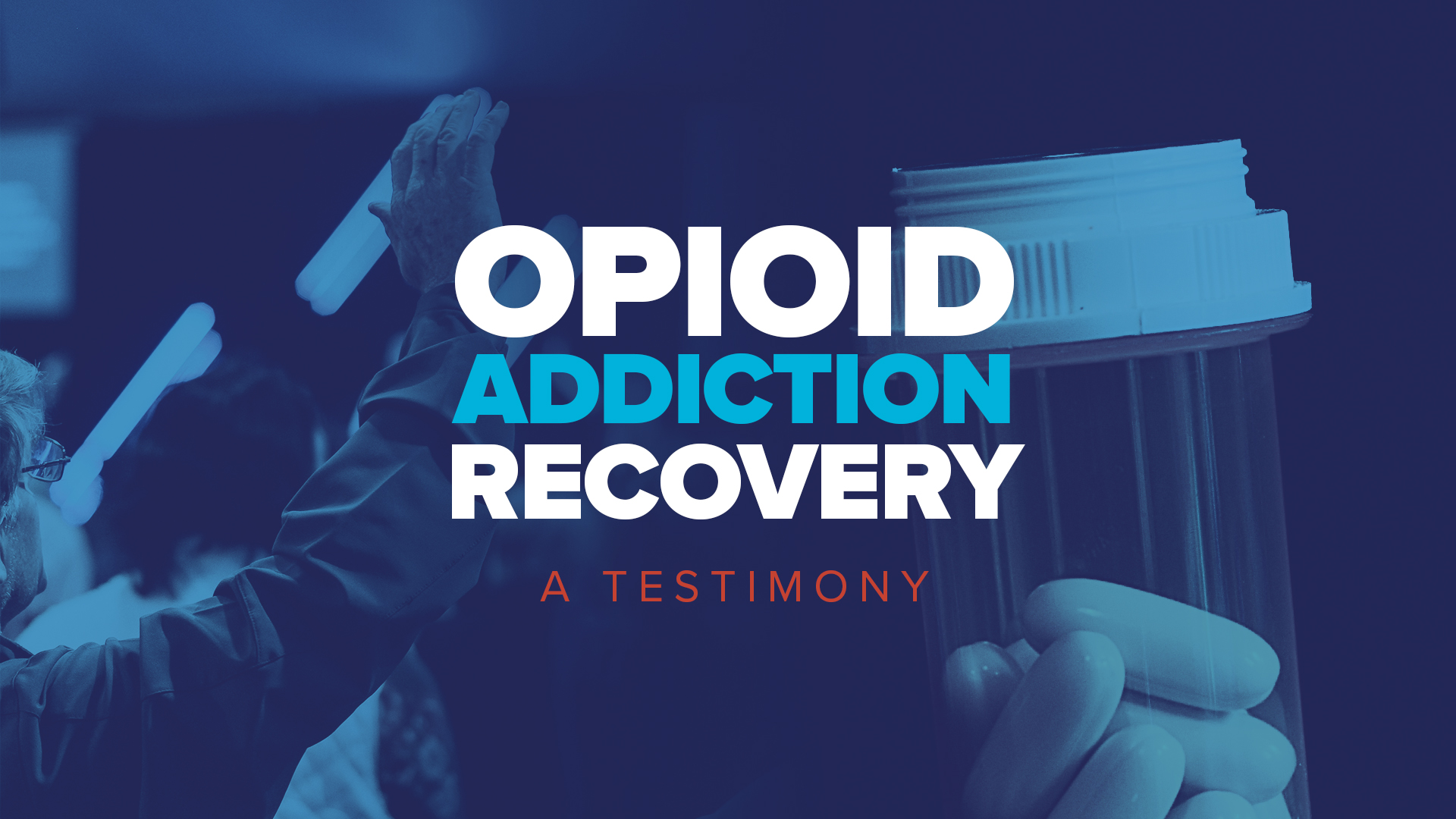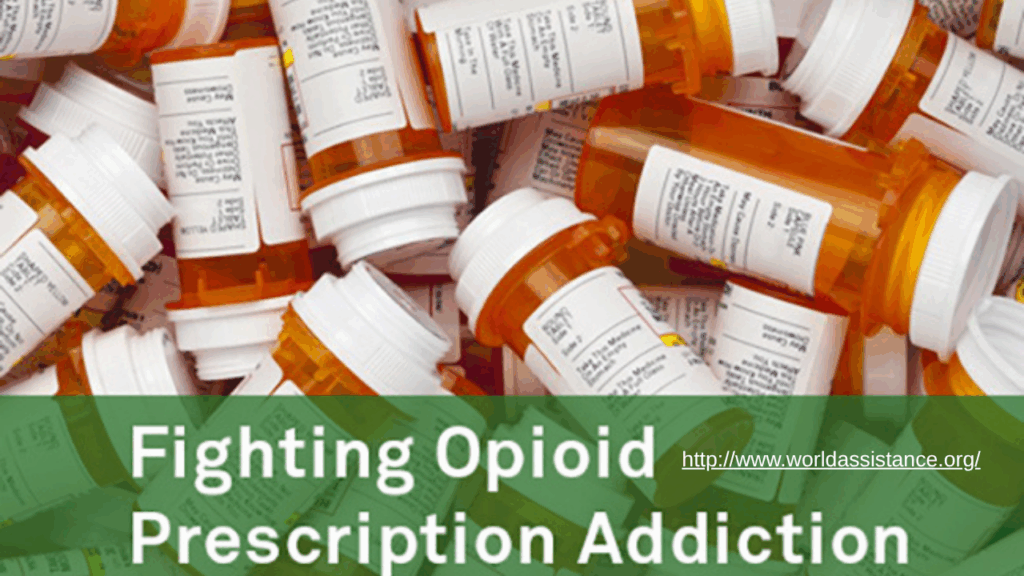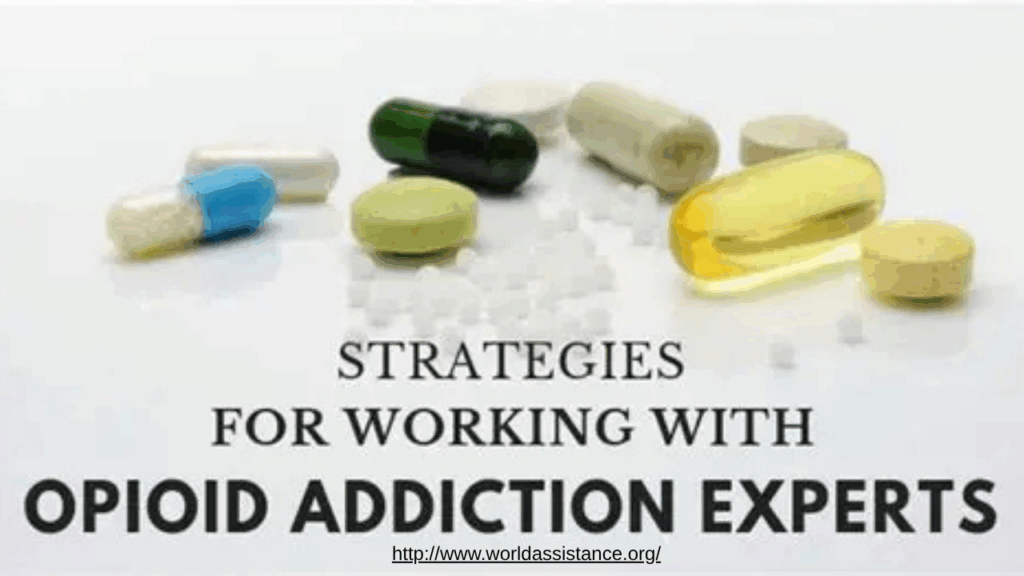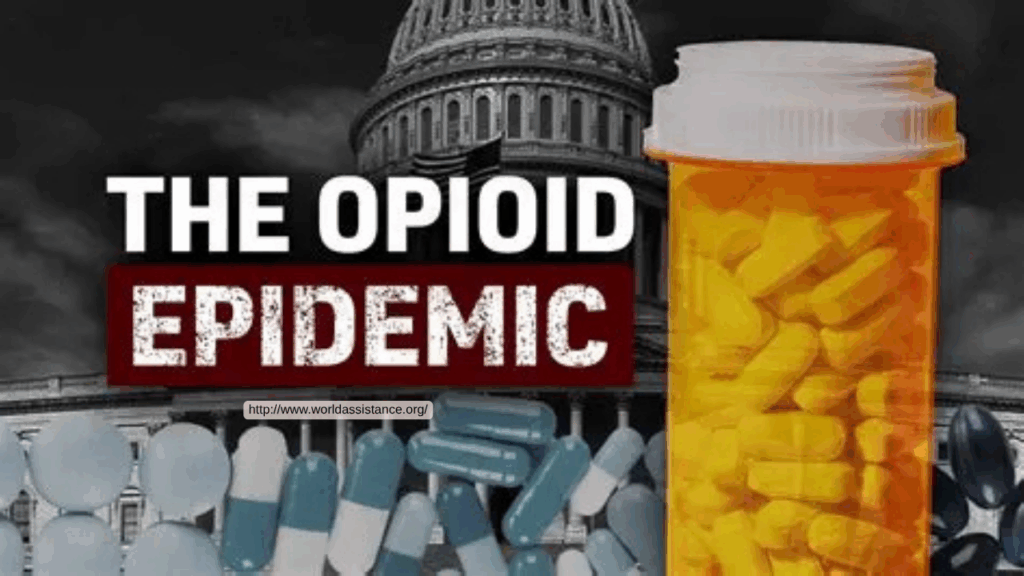
Addiction can feel like an overwhelming cycle, leaving individuals and their loved ones searching for hope and effective solutions. At World Assistance, compassionate care and professional expertise meet to guide people through the recovery process, helping them regain control of their lives and achieve lasting sobriety. With a focus on individualized treatment and holistic healing, World Assistance ensures that each person receives the right support at every stage of recovery.
Understanding Addiction and the Need for Personalized Care
Addiction is more than a physical dependence on substances. It affects mental health, relationships, and overall well-being. Each individual’s journey is unique, which is why World Assistance prioritizes personalized treatment plans. By assessing a person’s specific needs, history, and circumstances, their team can create a pathway that maximizes the chances of long-term recovery.
Personalized care means that no two treatment plans are exactly alike. Factors such as co-occurring mental health conditions, past treatment attempts, and personal goals are carefully considered. This approach ensures that clients receive support that addresses both the physical and emotional aspects of addiction.
Comprehensive Inpatient and Outpatient Programs
World Assistance offers a range of programs designed to meet different levels of need. Inpatient care provides a structured, supportive environment for individuals who require close supervision and intensive therapy. This setting allows clients to focus entirely on recovery, away from triggers and daily stressors.
Outpatient programs are designed for those who require flexibility while still receiving professional guidance. Outpatient care allows clients to maintain responsibilities like work or school while participating in therapy, group sessions, and other recovery services. Both inpatient and outpatient programs emphasize evidence-based approaches combined with compassionate support.
Holistic and Faith-Based Approaches to Healing
Recovery at World Assistance goes beyond managing symptoms. Holistic care focuses on the mind, body, and spirit, recognizing that addiction affects all aspects of a person’s life. Techniques such as mindfulness, stress management, nutrition counseling, and physical wellness programs complement traditional therapy to foster a balanced, healthy lifestyle.
Faith-based approaches are also available for individuals who seek spiritual support in their recovery journey. These programs integrate spiritual guidance with therapeutic interventions, providing a meaningful framework that strengthens resilience and purpose during treatment.
Mental Health Support for Sustainable Recovery
Addiction and mental health challenges often coexist. Recognizing this, World Assistance provides integrated mental health treatment alongside addiction care. By addressing conditions such as anxiety, depression, or trauma, clients are better equipped to maintain sobriety and prevent relapse. This dual approach ensures a deeper, more sustainable recovery experience.
Building a Support Network for Long-Term Success
Recovery is not achieved in isolation. World Assistance emphasizes the importance of support systems, including family involvement, peer groups, and ongoing counseling. By fostering strong relationships and community connections, clients gain the encouragement and accountability needed to navigate life after treatment successfully.
Taking the First Step Towards Sobriety
Breaking free from addiction is a courageous decision. With World Assistance, individuals do not face this challenge alone. Expert guidance, individualized care, and a commitment to holistic healing create a foundation for lasting sobriety and a renewed life.
If you or a loved one is struggling with addiction, reaching out for help is the first step. Contact World Assistance today to explore treatment options and begin the journey toward freedom, health, and hope.






